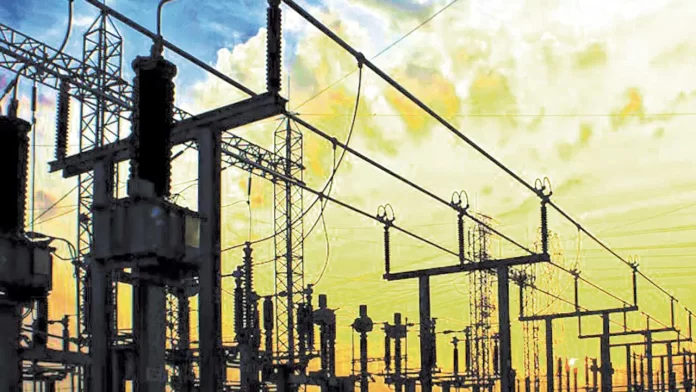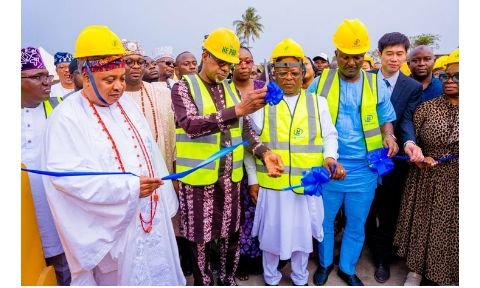The National grid collapsed again today, Thursday, November 7, leaving the country in darkness. This is the second collapse this week and the 10th in 2024.
According to the Independent System Operator, an autonomous arm of the Transmission Company of Nigeria (TCN), all power plants connected to the grid stopped producing electricity around noon. The ISO’s website showed a drastic drop in power generation, from 2,323 megawatts at 11 a.m. to 0.00MW at noon.
Jos Disco confirmed the development, saying, “The loss of power supply from the national grid occurred this morning at about 11:28 hours of today, Thursday, November 7, 2024, hence the loss of power supply on all our feeders.“
The company assured customers that the regular power supply would be restored once the grid supply returned to normal.
The frequent collapses of the national power grid have been attributed to a poor maintenance culture, inadequate and aged equipment, and vandalism of power infrastructure.
Diagnosing The Grid Collapse
The chairman of the investigative committee, Nafisatu Asabe, presented a report at the Ministry of Power headquarters in Abuja highlighting these issues.
Asabe explained that shattered lightning arrestors in Jebba, and Oshogbo transmission stations caused the grid collapse on October 14 and 19. “For the event on the 14th, lightning arrestors in Jebba and Oshogbo shattered… The remote cause of that is the unavailability of the second reactor in Jebba because Jebba, by the network’s design and sometimes the network’s topology at a particular time, is very prone to high voltage.”
Asabe said there was a need for an improved maintenance culture. “Aged equipment is a major issue. In our findings, we confirmed that Jebba was commissioned in 1968. Some of the equipment was commissioned alongside the substation. If you expose equipment to high voltages for a long time, it degrades the insulation.“
Minister of Power Adebayo Adelabu said he, too, is embarrassed by the incessant collapses, saying, “It’s worrisome to me.” However, he said he is optimistic that the situation will improve by implementing far-reaching reforms in the sector.
The repeated grid collapses have left Nigerians frustrated and seeking solutions to the country’s persistent power challenges. In the meantime, poor citizens and small businesses continue to bear the brunt of the unreliable power supply. The elites usually have their alternative power source.
Without a stable power supply, how do we unleash the creative energy of the people to power up the Nigerian economy?
Comment, Like 👍, share this article, and Follow us on our social media handles.








